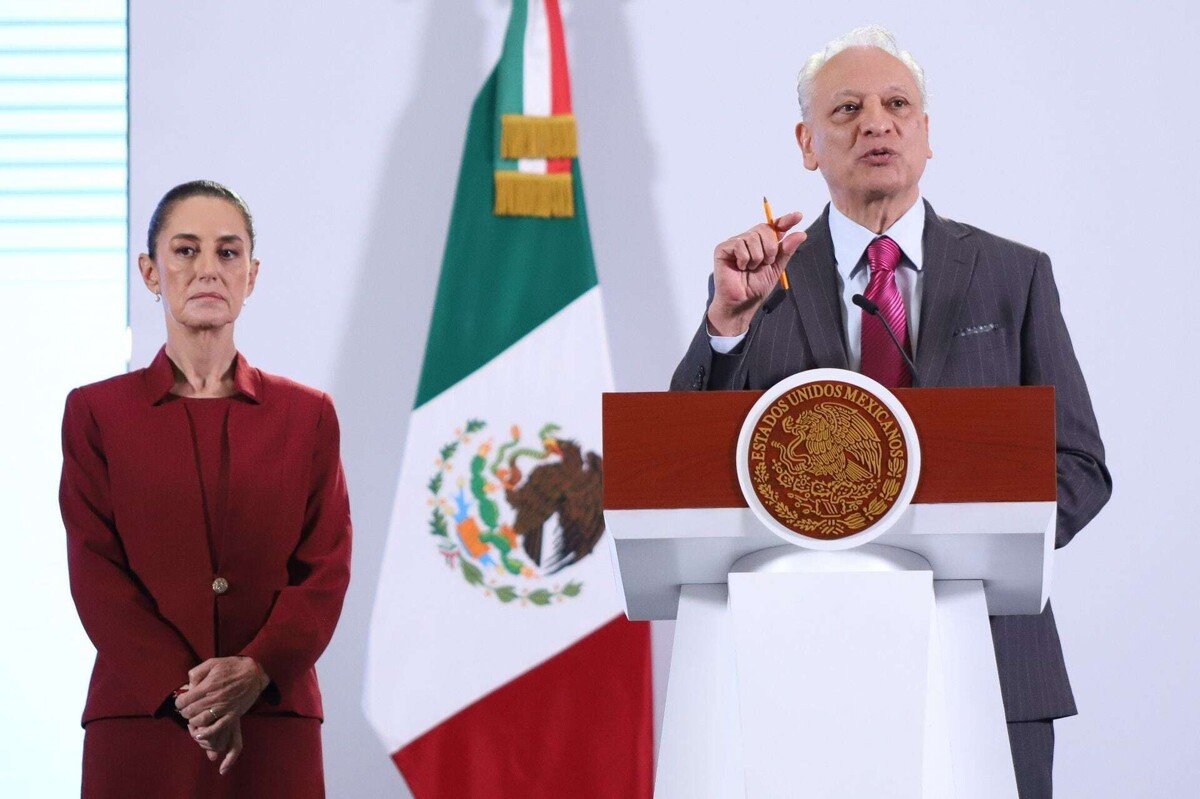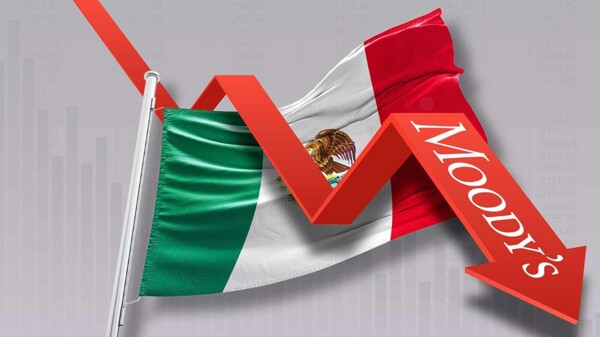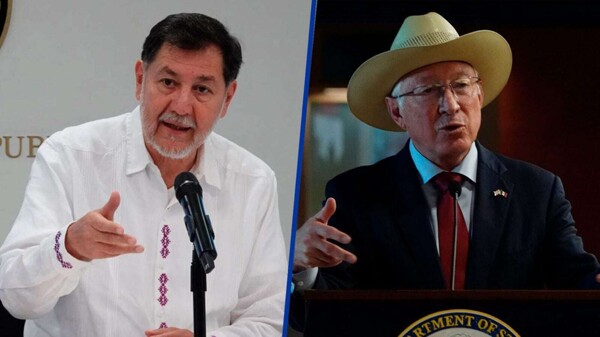
The president of Mexico, Claudia Sheinbaum, revealed a set of measures aimed at strengthening Petróleos Mexicanos (Pemex). One of the highlighted initiatives is the implementation of a new tax regime for the oil company, as well as an austerity plan that is expected to generate savings totaling 50 billion pesos.
During her morning conference on Wednesday, November 13, Sheinbaum detailed that Pemex will now only need to pay the Petroleum Right for Wellbeing, which will replace three previously established rights. The general rate will be 30 percent, except for associated gas projects, which will be set at 11.63 percent. This modification will be presented as part of the economic package sent to Congress and will be reinforced through secondary laws resulting from the constitutional reform, which will be presented in February of next year.
Edgar Amador, Undersecretary of the Ministry of Finance and Public Credit (SHCP), assured that this fiscal adaptation was based on the oil production platform, price estimates for oil, and the exchange rate for the upcoming year, and it will not affect tax collection. They are working with Pemex and SENER to establish mechanisms that allow compliance with Pemex's financial debt commitments without resorting to capital markets in the short term.
The general director of Pemex, Víctor Rodríguez, announced the implementation of a republican austerity plan that is expected to integrate all Pemex subsidiaries into a single company, aiming to generate savings of 50 billion pesos. Additionally, the number of currently existing subsidiary companies, which exceeds 40, will be reduced, with the intention of making Pemex a lighter, more robust, resilient, and sustainable entity.
Among the main goals of the oil company are administrative simplification, reducing its current debt of 99 billion dollars, and ensuring payments to suppliers and contractors. For her part, Energy Secretary Luz Elena González emphasized the commitment to keep fuel prices below inflation, increase the production of petrochemicals, and establish a regulatory framework for bioenergetics and clean fuels.
Finally, mixed projects will be promoted to strengthen national sovereignty, such as the production of hydrocarbons, petrochemical industry, fertilizers, and renewable energies like solar, wind, geothermal, and green hydrogen.














